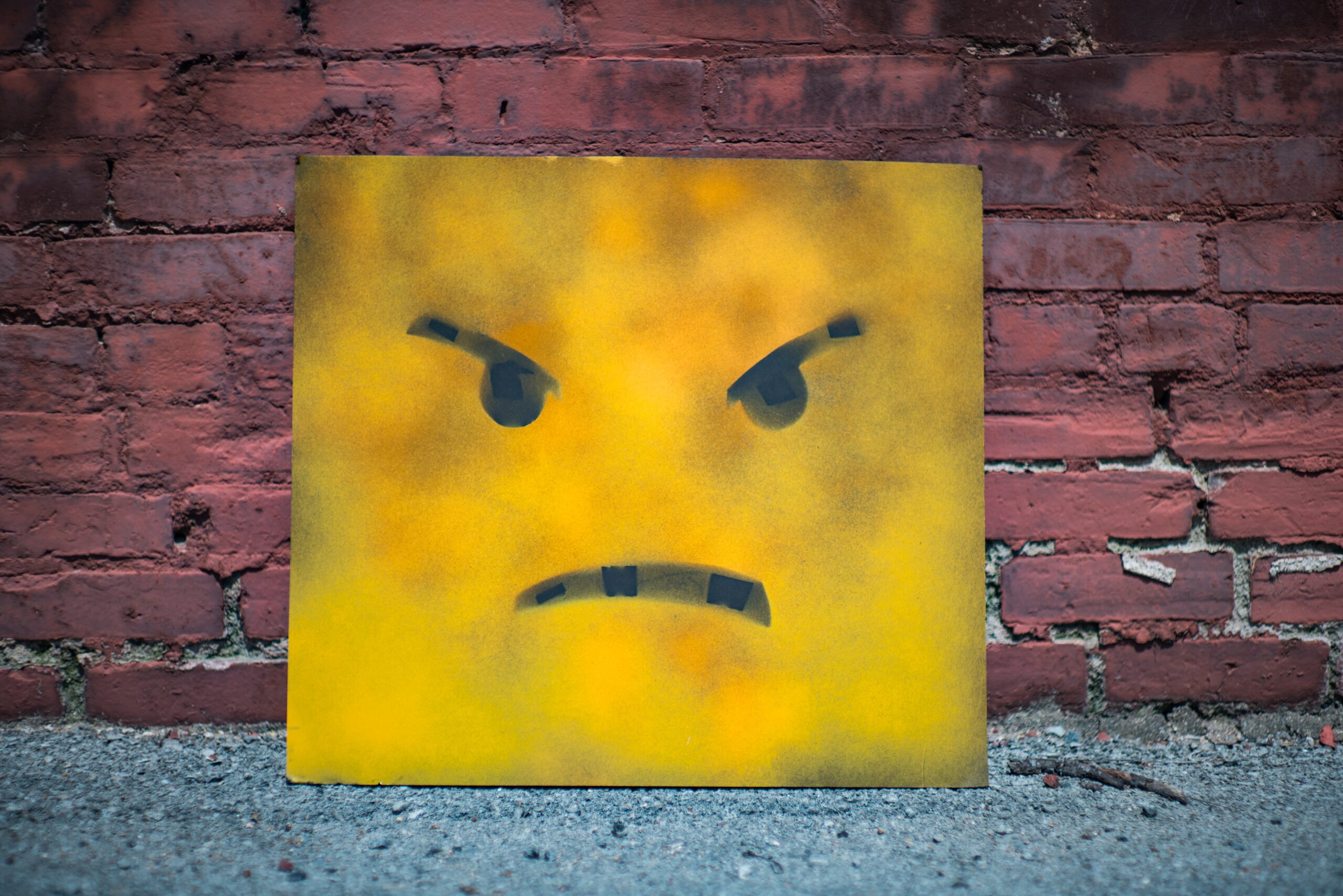In the world of men, there exists a dark reality that often goes unnoticed. It’s the story of how pain can transform a once caring and compassionate man into someone distant and cold hearted men. The journey from warmth to ice is not a result of being born without emotions, but rather a defense mechanism developed in response to the harshness of the world. These seemingly unemotional, unloving, and unfriendly men are not heartless, but individuals who have experienced deep pain, betrayal, and mistreatment. The wounds inflicted upon them have created a hole in their hearts, leading them to detach and shield themselves from further hurt.
1.) Understanding Cold-Heartedness
Cold-heartedness is often perceived as unemotional, uncaring, and detached behavior. However, it is important to recognize that cold-heartedness is not a characteristic individuals are born with. Rather, it is a defense mechanism that develops over time as a result of pain, betrayal, and negative experiences. It is essential to understand and empathize with the reasons behind someone’s cold-heartedness rather than dismissing them as heartless individuals.
2.) The Transformation from Warm to Cold
To understand how a man becomes cold-hearted, it is necessary to explore the transformation from warmth and compassion to detachment and stoicism. Warmth and compassion are innate in every individual, but when these qualities are repeatedly met with pain and betrayal, a man’s emotional landscape changes. The desire to protect oneself from further harm often leads to the appearance of coldness and distance.
3.) The Role of Pain
Pain is a universal experience that affects everyone differently. Men, in particular, often handle pain in a distinct manner. While some individuals openly express their emotions, others may opt to suppress them, leading to unresolved pain. Over time, the emotional toll of unaddressed pain can have long-lasting effects on a man’s emotional well-being, ultimately resulting in cold-heartedness.
4.) The Avoidant-Dismissive Attachment Style
Attachment styles play a significant role in shaping an individual’s ability to form and maintain relationships. The avoidant-dismissive attachment style, characterized by a fear of attachment and emotional unavailability, is often prevalent among cold hearted men. This style stems from the fear of experiencing pain and betrayal again, leading to a preference for emotional detachment.
5.) The Defense Mechanism of Becoming Cold Hearted Men
Becoming cold-hearted serves as a defense mechanism against further pain and vulnerability. Emotional detachment acts as a shield, allowing individuals to protect themselves from potential harm. By avoiding emotional connection, these individuals believe they can prevent future pain and betrayal, even if it means sacrificing human intimacy.
Different Experiences that Lead to Cold-Heartedness
Various experiences can contribute to the development of cold-heartedness. Betrayal, broken trust, abuse, exploitation, loss, rejection, and disillusionment with society are just a few examples of the painful events that can push a man towards emotional detachment. Each person’s journey to cold-heartedness is unique, shaped by their individual experiences and the lessons they have learned.
Examples of Cold-Heartedness in Society
Cold-heartedness is not limited to individuals but can also be observed on a societal scale. Military veterans who suffer from post-traumatic stress disorder (PTSD) often become emotionally detached as a means of coping with the horrors they have witnessed. Social outcasts and lone wolves may also display cold-hearted behavior as a defense mechanism against potential harm. Additionally, even successful individuals may exhibit cold-heartedness due to the demands and pressures of their positions.
The Burden of a Cold Heart
Living with a cold heart can be an isolating and burdensome experience. Cold hearted men often find themselves feeling lonely and disconnected from others. The weight of suppressing emotions takes a toll on their mental and emotional well-being. The struggle to connect with others also perpetuates their cold-heartedness, creating a cycle of emotional suppression.
The Desire for Human Intimacy
Contrary to popular belief, cold hearted men still long for human intimacy deep down. Despite their outward appearance, the desire for emotional connection and warmth persists within them. The burden of carrying a cold heart may be heavy, but it is seen as a safer alternative to experiencing a broken heart once again.
The Destructive Choices of Cold Hearted Man
Some cold hearted men resort to destructive choices as a means of externalizing their inner pain and frustration. Consumed by rage and hatred, they may choose to harm themselves and others, further perpetuating the cycle of pain and emotional detachment. However, it is important to remember that not all cold hearted men make destructive choices. With emotional healing and control, they can learn to navigate the complexities of their emotions and exhibit warmth and compassion when necessary.
The Importance of Emotional Healing and Control
Emotional healing and control play a vital role in overcoming cold-heartedness. It is essential for individuals to acknowledge their past experiences and the pain they have endured. By accepting and addressing their scars, they can begin the journey towards emotional healing. Learning to control their emotions allows them to strike a balance between vulnerability and self-preservation. Healing and controlling one’s emotions is a challenging process, but it is necessary to prevent inflicting pain on others unintentionally.
In conclusion, cold-heartedness is not an inherent characteristic but rather a defense mechanism developed as a response to pain and betrayal. Understanding the underlying reasons for a man’s cold-heartedness enables empathy and compassion towards their experiences. By acknowledging the role of pain, attachment styles, and defense mechanisms, we can begin to unravel the complexities of the cold hearted men emotional landscape. It is crucial to offer support, encourage emotional healing, and promote the importance of emotional control to improve the overall mental and emotional well-being of cold-hearted men. For further insights into personal growth and understanding, explore our article on Traits of High-Value Men: 6 Inspiring Habits.







